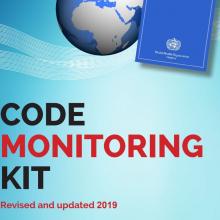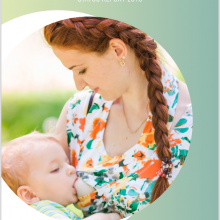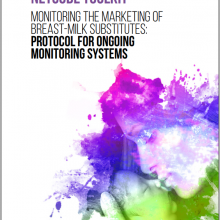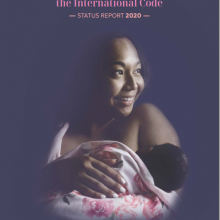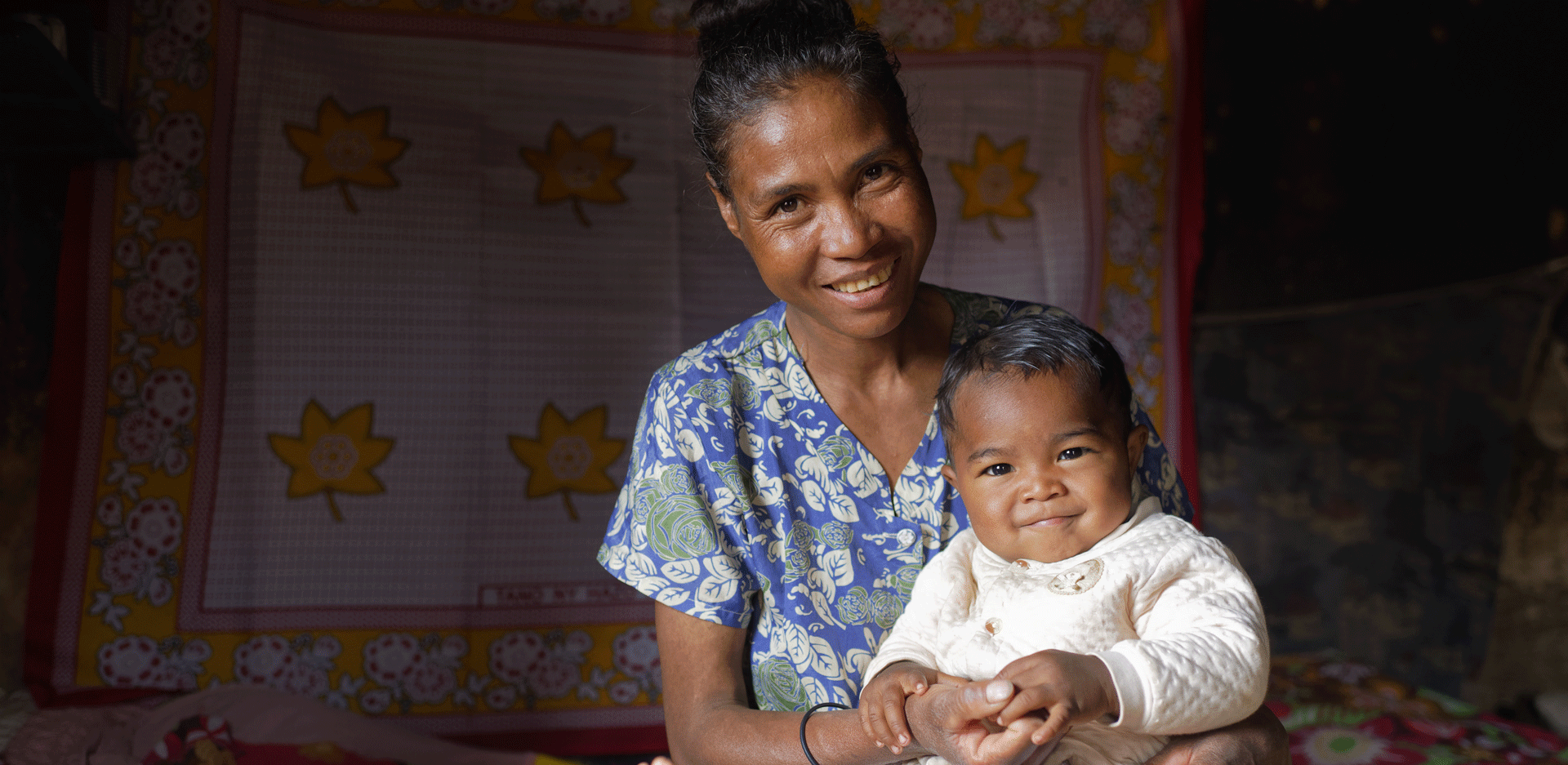Warning: Undefined array key 0 in Drupal\views\Entity\Render\EntityFieldRenderer->render() (line 159 of core/modules/views/src/Entity/Render/EntityFieldRenderer.php). Drupal\views\Entity\Render\EntityFieldRenderer->render(Object, Object) (Line: 833)
Drupal\views\Plugin\views\field\EntityField->getItems(Object) (Line: 312)
Drupal\search_api\Plugin\views\field\SearchApiEntityField->getItems(Object) (Line: 1151)
Drupal\views\Plugin\views\field\FieldPluginBase->advancedRender(Object) (Line: 238)
template_preprocess_views_view_field(Array, 'views_view_field', Array)
call_user_func_array('template_preprocess_views_view_field', Array) (Line: 287)
Drupal\Core\Theme\ThemeManager->render('views_view_field', Array) (Line: 433)
Drupal\Core\Render\Renderer->doRender(Array, ) (Line: 204)
Drupal\Core\Render\Renderer->render(Array) (Line: 1746)
Drupal\views\Plugin\views\field\FieldPluginBase->theme(Object) (Line: 777)
Drupal\views\Plugin\views\style\StylePluginBase->elementPreRenderRow(Array)
call_user_func_array(Array, Array) (Line: 101)
Drupal\Core\Render\Renderer->doTrustedCallback(Array, Array, 'Render #pre_render callbacks must be methods of a class that implements \Drupal\Core\Security\TrustedCallbackInterface or be an anonymous function. The callback was %s. See https://www.drupal.org/node/2966725', 'exception', 'Drupal\Core\Render\Element\RenderCallbackInterface') (Line: 788)
Drupal\Core\Render\Renderer->doCallback('#pre_render', Array, Array) (Line: 374)
Drupal\Core\Render\Renderer->doRender(Array, ) (Line: 204)
Drupal\Core\Render\Renderer->render(Array) (Line: 716)
Drupal\views\Plugin\views\style\StylePluginBase->renderFields(Array) (Line: 582)
Drupal\views\Plugin\views\style\StylePluginBase->renderGrouping(Array, Array, 1) (Line: 473)
Drupal\views\Plugin\views\style\StylePluginBase->render(Array) (Line: 2169)
Drupal\views\Plugin\views\display\DisplayPluginBase->render() (Line: 1538)
Drupal\views\ViewExecutable->render() (Line: 199)
Drupal\views\Plugin\views\display\Page->execute() (Line: 1635)
Drupal\views\ViewExecutable->executeDisplay('page_3', Array) (Line: 81)
Drupal\views\Element\View::preRenderViewElement(Array)
call_user_func_array(Array, Array) (Line: 101)
Drupal\Core\Render\Renderer->doTrustedCallback(Array, Array, 'Render #pre_render callbacks must be methods of a class that implements \Drupal\Core\Security\TrustedCallbackInterface or be an anonymous function. The callback was %s. See https://www.drupal.org/node/2966725', 'exception', 'Drupal\Core\Render\Element\RenderCallbackInterface') (Line: 788)
Drupal\Core\Render\Renderer->doCallback('#pre_render', Array, Array) (Line: 374)
Drupal\Core\Render\Renderer->doRender(Array, ) (Line: 204)
Drupal\Core\Render\Renderer->render(Array, ) (Line: 242)
Drupal\Core\Render\MainContent\HtmlRenderer->Drupal\Core\Render\MainContent\{closure}() (Line: 580)
Drupal\Core\Render\Renderer->executeInRenderContext(Object, Object) (Line: 243)
Drupal\Core\Render\MainContent\HtmlRenderer->prepare(Array, Object, Object) (Line: 132)
Drupal\Core\Render\MainContent\HtmlRenderer->renderResponse(Array, Object, Object) (Line: 90)
Drupal\Core\EventSubscriber\MainContentViewSubscriber->onViewRenderArray(Object, 'kernel.view', Object)
call_user_func(Array, Object, 'kernel.view', Object) (Line: 142)
Drupal\Component\EventDispatcher\ContainerAwareEventDispatcher->dispatch(Object, 'kernel.view') (Line: 174)
Symfony\Component\HttpKernel\HttpKernel->handleRaw(Object, 1) (Line: 81)
Symfony\Component\HttpKernel\HttpKernel->handle(Object, 1, 1) (Line: 58)
Drupal\Core\StackMiddleware\Session->handle(Object, 1, 1) (Line: 48)
Drupal\Core\StackMiddleware\KernelPreHandle->handle(Object, 1, 1) (Line: 191)
Drupal\page_cache\StackMiddleware\PageCache->fetch(Object, 1, 1) (Line: 128)
Drupal\page_cache\StackMiddleware\PageCache->lookup(Object, 1, 1) (Line: 82)
Drupal\page_cache\StackMiddleware\PageCache->handle(Object, 1, 1) (Line: 52)
Drupal\crawler_rate_limit\CrawlerRateLimitMiddleware->handle(Object, 1, 1) (Line: 57)
Drupal\advban\AdvbanMiddleware->handle(Object, 1, 1) (Line: 50)
Drupal\ban\BanMiddleware->handle(Object, 1, 1) (Line: 48)
Drupal\Core\StackMiddleware\ReverseProxyMiddleware->handle(Object, 1, 1) (Line: 51)
Drupal\Core\StackMiddleware\NegotiationMiddleware->handle(Object, 1, 1) (Line: 23)
Stack\StackedHttpKernel->handle(Object, 1, 1) (Line: 718)
Drupal\Core\DrupalKernel->handle(Object) (Line: 19)
Warning: Trying to access array offset on value of type null in Drupal\views\Entity\Render\EntityFieldRenderer->render() (line 159 of core/modules/views/src/Entity/Render/EntityFieldRenderer.php). Drupal\views\Entity\Render\EntityFieldRenderer->render(Object, Object) (Line: 833)
Drupal\views\Plugin\views\field\EntityField->getItems(Object) (Line: 312)
Drupal\search_api\Plugin\views\field\SearchApiEntityField->getItems(Object) (Line: 1151)
Drupal\views\Plugin\views\field\FieldPluginBase->advancedRender(Object) (Line: 238)
template_preprocess_views_view_field(Array, 'views_view_field', Array)
call_user_func_array('template_preprocess_views_view_field', Array) (Line: 287)
Drupal\Core\Theme\ThemeManager->render('views_view_field', Array) (Line: 433)
Drupal\Core\Render\Renderer->doRender(Array, ) (Line: 204)
Drupal\Core\Render\Renderer->render(Array) (Line: 1746)
Drupal\views\Plugin\views\field\FieldPluginBase->theme(Object) (Line: 777)
Drupal\views\Plugin\views\style\StylePluginBase->elementPreRenderRow(Array)
call_user_func_array(Array, Array) (Line: 101)
Drupal\Core\Render\Renderer->doTrustedCallback(Array, Array, 'Render #pre_render callbacks must be methods of a class that implements \Drupal\Core\Security\TrustedCallbackInterface or be an anonymous function. The callback was %s. See https://www.drupal.org/node/2966725', 'exception', 'Drupal\Core\Render\Element\RenderCallbackInterface') (Line: 788)
Drupal\Core\Render\Renderer->doCallback('#pre_render', Array, Array) (Line: 374)
Drupal\Core\Render\Renderer->doRender(Array, ) (Line: 204)
Drupal\Core\Render\Renderer->render(Array) (Line: 716)
Drupal\views\Plugin\views\style\StylePluginBase->renderFields(Array) (Line: 582)
Drupal\views\Plugin\views\style\StylePluginBase->renderGrouping(Array, Array, 1) (Line: 473)
Drupal\views\Plugin\views\style\StylePluginBase->render(Array) (Line: 2169)
Drupal\views\Plugin\views\display\DisplayPluginBase->render() (Line: 1538)
Drupal\views\ViewExecutable->render() (Line: 199)
Drupal\views\Plugin\views\display\Page->execute() (Line: 1635)
Drupal\views\ViewExecutable->executeDisplay('page_3', Array) (Line: 81)
Drupal\views\Element\View::preRenderViewElement(Array)
call_user_func_array(Array, Array) (Line: 101)
Drupal\Core\Render\Renderer->doTrustedCallback(Array, Array, 'Render #pre_render callbacks must be methods of a class that implements \Drupal\Core\Security\TrustedCallbackInterface or be an anonymous function. The callback was %s. See https://www.drupal.org/node/2966725', 'exception', 'Drupal\Core\Render\Element\RenderCallbackInterface') (Line: 788)
Drupal\Core\Render\Renderer->doCallback('#pre_render', Array, Array) (Line: 374)
Drupal\Core\Render\Renderer->doRender(Array, ) (Line: 204)
Drupal\Core\Render\Renderer->render(Array, ) (Line: 242)
Drupal\Core\Render\MainContent\HtmlRenderer->Drupal\Core\Render\MainContent\{closure}() (Line: 580)
Drupal\Core\Render\Renderer->executeInRenderContext(Object, Object) (Line: 243)
Drupal\Core\Render\MainContent\HtmlRenderer->prepare(Array, Object, Object) (Line: 132)
Drupal\Core\Render\MainContent\HtmlRenderer->renderResponse(Array, Object, Object) (Line: 90)
Drupal\Core\EventSubscriber\MainContentViewSubscriber->onViewRenderArray(Object, 'kernel.view', Object)
call_user_func(Array, Object, 'kernel.view', Object) (Line: 142)
Drupal\Component\EventDispatcher\ContainerAwareEventDispatcher->dispatch(Object, 'kernel.view') (Line: 174)
Symfony\Component\HttpKernel\HttpKernel->handleRaw(Object, 1) (Line: 81)
Symfony\Component\HttpKernel\HttpKernel->handle(Object, 1, 1) (Line: 58)
Drupal\Core\StackMiddleware\Session->handle(Object, 1, 1) (Line: 48)
Drupal\Core\StackMiddleware\KernelPreHandle->handle(Object, 1, 1) (Line: 191)
Drupal\page_cache\StackMiddleware\PageCache->fetch(Object, 1, 1) (Line: 128)
Drupal\page_cache\StackMiddleware\PageCache->lookup(Object, 1, 1) (Line: 82)
Drupal\page_cache\StackMiddleware\PageCache->handle(Object, 1, 1) (Line: 52)
Drupal\crawler_rate_limit\CrawlerRateLimitMiddleware->handle(Object, 1, 1) (Line: 57)
Drupal\advban\AdvbanMiddleware->handle(Object, 1, 1) (Line: 50)
Drupal\ban\BanMiddleware->handle(Object, 1, 1) (Line: 48)
Drupal\Core\StackMiddleware\ReverseProxyMiddleware->handle(Object, 1, 1) (Line: 51)
Drupal\Core\StackMiddleware\NegotiationMiddleware->handle(Object, 1, 1) (Line: 23)
Stack\StackedHttpKernel->handle(Object, 1, 1) (Line: 718)
Drupal\Core\DrupalKernel->handle(Object) (Line: 19)

